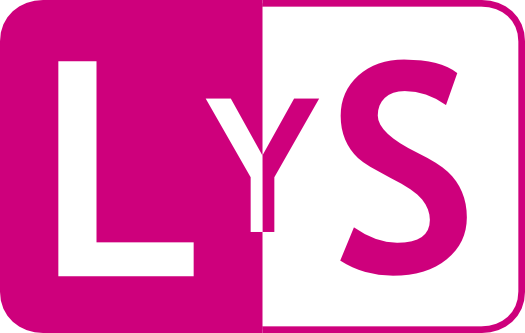
TALFJava: Java code libraries for teaching Automata Theory and
Formal Languages
 versión en español
versión en español
Description
At this site we make available, for research and teaching purposes, the
Java code libraries employed in the lab exercises of the Automata
Theory
and
Formal Language course of the Degree in Technical
Engineering in Computer Systems of the Faculty
of
Computer
Science of the University of
A Coruña. These Java code libraries contain classes
corresponding to the major formalisms studied in the theory classes
(finite state automata, context-free grammars and regular expressions),
with basic methods for their generation and management, together with
interfaces for their graphical visualization and storage. The
implementation has been made as close to the original formalisms as
possible.
The use of these libraries have several advantages:
- They act as support of the contents of theory classes by
illustrating the way the algebraic structures involved work.
- They allow us to select different parts, to remove them and to
ask the students to build their own implementation for them, allowing
the rest of the modules to continue working in order to verify if the
new solution is correct.
How to use
These are Java code libraries which can be compiled using any standard
Java compiler. The code is fully documented (in Spanish) using javadoc
format, and such documentation is also freely available online here. Moreover, we include a small sample
program in order to
illustrate how to use the libraries, apart from several sample input
files with finite-state automata, context-free grammars and regular
expressions.
Notice that if you want to show graphical visualizations of the
automata (see method AF#AFabstracto.dibujar()),
you
must
install
the graph visualization software Graphviz
first.
Download (source code)
Contact the author Jesús
Vilares ( ) by email using
an institutional email account giving your name, position and
affiliation. The author will contact you back explaining how to
download the libraries.
) by email using
an institutional email account giving your name, position and
affiliation. The author will contact you back explaining how to
download the libraries.
Licensing
These libraries are freely available for the research and teaching
community by means of a non-comercial free use license contained in the
source code, but you can also read it here.
Derived publications
Contact
For any question, comment or suggestion, please, contact the author Jesús Vilares ( )
)
Last
modified:
Tue
Sep
08
11:30:40
CEST
2010
 )
)
 versión en español
versión en español ) by email using
an institutional email account giving your name, position and
affiliation. The author will contact you back explaining how to
download the libraries.
) by email using
an institutional email account giving your name, position and
affiliation. The author will contact you back explaining how to
download the libraries. )
)